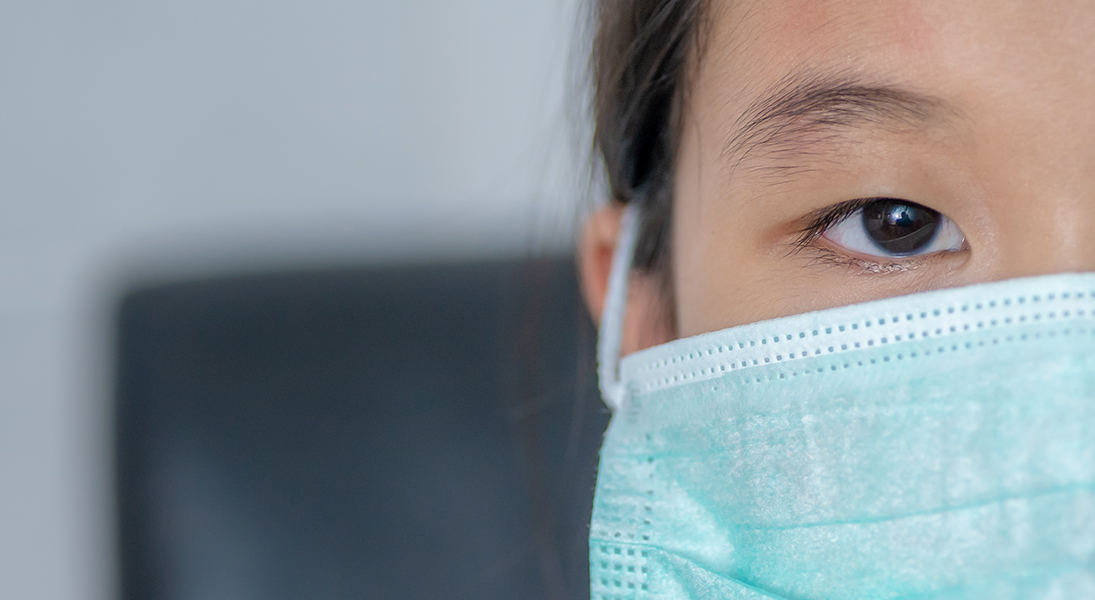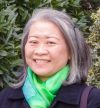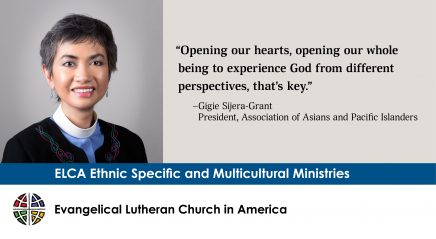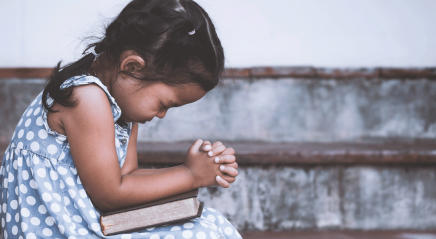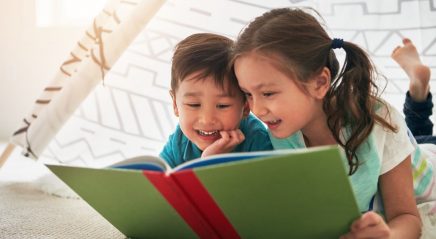Editor’s note: COVID-19 has uniquely impacted communities of color and their lives and ministries. In this series, we will feature ELCA Racial Justice reflections from each of the ELCA Ethnic Specific and Multicultural Ministries associations, focusing on racism and racial disparities amid the coronavirus.
In the heated battle of humanity versus COVID-19, the Zoom app is booming. People want to see and be seen. It’s a big learning curve for many—but free and open to everyone!
Indeed, being seen, and even loved, is one of life’s deepest joys. Conversely, not being seen, yet being hated, is a heavy stressor.
The surge of hate crimes against Asians in the United States shows that many people doubt Asian Americans as neighbors, friends and fellow citizens. No matter who we are, if we have a “Chinese” face, our personal safety and well-being are at risk—not only from coronavirus but from coronavirus rage.
The Asian Pacific Policy & Planning Council reported that two-thirds of those attacked are not even Chinese but of other Asian ethnicities. Spitting, verbal abuse, harassment, bullying, beatings. A 6-year-old boy was stabbed in the head and required stitches. Women are three times more likely to be harassed than men. One woman suffered severe chemical burns when a man deliberately threw acid at her.
I’ve been confronted and assaulted before. U.S. history and my own history tell me that living in my own city, my own country, is seriously dangerous. Now it is even worse.
My heart sank when elected leaders used such racist terms as “kung flu” and “Chinese virus.”
Their ill-chosen words set up Asian Americans to be mocked and blamed. Angry people may choose at any time to lash out at us. Anyone targeted for violence knows what I mean. It feels as if just being out in public will mean having to run a gauntlet.
Meanwhile, the Asian American community is very diverse: culturally, geographically, socioeconomically. Some may say we have never experienced racism. But many will confirm the pain it causes when it does strike.
Please help to spread the word that people who “look Chinese” are not the virus. We are not COVID-19 carriers just because we are Asian. We are not the enemy. We are Asian Americans, trying to “flatten the curve” like mostly everybody else.
I know my resilience can happen only in a collective.
It’s ghastly how many people have died so suddenly in Queens, N.Y. A dozen tractor-trailer-sized trucks—mobile morgues—were parked outside Elmhurst Hospital to store the bodies of the dead. I used to live in this immigrant enclave area of Queens, one of the most diverse counties in the United States. I loved the vibrant Chinese and Latino life there. Now it’s shut down, and the people are reeling.
My church is located there. Eight blocks from the hospital, St. Jacobus Lutheran Church offers one of only two food pantries still open in Elmhurst, serving 100 to 300 families per week. There are more young families now, many of whom are Latino.
For many of these families, there are two or three generations living in an apartment, with no work to be had. Available resources do not match the needs. “The virus has exposed what’s been there all along,” said Joe Mantovani, pastor of St. Jacobus. “How high the rents are. How hard it is to find enough work to feed their families.”
Many Asian American families citywide are also at risk of starvation and homelessness, reported the Coalition for Asian American Children & Families. They are among the Americans of all backgrounds who work for low wages and tips with no safety net. The struggle is fierce for too many, including African Americans dying in high numbers.
We are trying, as New York Governor Andrew Cuomo urges, to be “tough, smart, disciplined, united and loving.” I know my resilience can happen only in a collective. Every day I give God thanks for my husband, my family, my friends, my pastor and the caring people I don’t know who work for peace and justice.
All of us in the United States have a long way to go—some much further than others. If we look to see the good in others, honor each other’s humanity and work against poverty, despair and racism, we will make great strides for a better future for all.
I wish every Zoom user knew that a Chinese American, Eric Yuan, created the app. It’s just one example of what Asian Americans can contribute to the United States and to the world. I pray that more of us will “Zoom together for racial justice,” whether literally or not. “Join the Zoom meeting,” I’d invite. “I’ll bring Chinese food, you bring whatever you like and we’ll share.”
It could be a big learning curve at first. But with God as our host, we cannot fail. Free and open to everyone!



